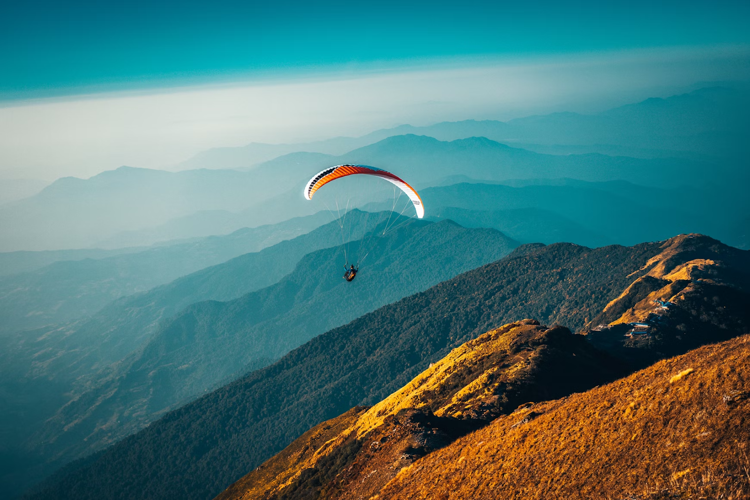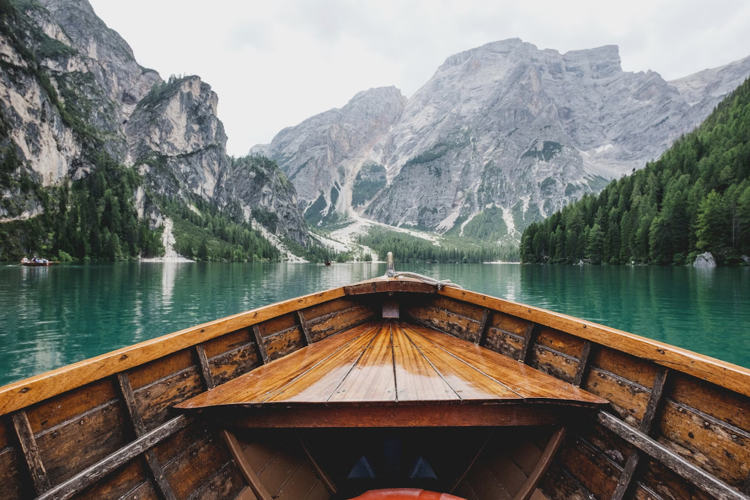Adventure travel has gained immense popularity in recent years, as more individuals seek to escape their routines and embrace the unknown. The allure of new experiences, breathtaking landscapes, and the thrill of discovery all contribute to the appeal of adventure-focused journeys. Beyond the excitement and physicality of such endeavors, there exists a profound connection between adventure travel and mental well-being. Engaging in outdoor activities often leads to improved resilience, mental clarity, and emotional stability. This post examines how adventure travel catalyzes enhancing mental health and building resilience through various avenues such as connection to nature, challenge, personal growth, and social interactions.

Connection to Nature
Experiencing nature is a vital aspect of adventure travel that has shown numerous benefits for mental health. Many studies reveal that time spent outdoors significantly reduces stress levels, anxiety, and depression. Natural environments have a calming effect on the brain, fostering a sense of peace that urban environments often lack. Being immersed in the beauty of mountains, forests, and oceans calms the mind and promotes mindfulness, allowing travelers to live in the moment. It also strengthens observation, nurtures patience, and inspires curiosity. These experiences improve focus, encourage reflection, foster responsibility, enhance awareness, cultivate resilience, and reinforce harmony.
The benefits of nature do not just stem from mere observation; active participation can amplify these effects. Engaging in activities like hiking, climbing, or kayaking elevates physical health, generating a cascade of hormones that boost mood and alleviate tension. Immersing oneself in these environments often encourages introspection and personal reflection, allowing individuals to confront their inner thoughts and emotions. This connection to nature prompts a deeper appreciation for the world, leading to heightened resilience in the face of life's challenges.
Facing New Challenges
Adventure travel inherently involves stepping outside one's comfort zone. This confrontation with the unknown can be daunting, yet it plays a crucial role in developing mental toughness. When travelers embark on challenging excursions, they often encounter obstacles that require problem-solving skills and adaptability. These experiences help individuals cultivate resilience as they learn to navigate uncertainty and overcome physical and mental hurdles.
Each challenge faced during an adventure contributes to personal growth and self-empowerment. А traveler might tackle daunting rock-climbing routes, which test their physical abilities and their mental fortitude. Completing such challenges leads to an increase in self-efficacy, reinforcing the belief that they can surmount difficulties in differing aspects of life. This newfound sense of capability translates to enhanced coping strategies, enabling individuals to tackle stressors with greater confidence.
The Role of Social Interaction
Adventure travel often involves shared experiences, which can strengthen social bonds and enhance mental well-being. Traveling with friends or joining group tours fosters camaraderie, establishing connections with others while embarking on exhilarating journeys. Such interactions may create lasting friendships founded on common interests and shared memories. This environment of support encourages individuals to express themselves more freely, leading to a greater sense of belonging.
Social interaction boosts happiness levels. Collaborating on activities, whether it's setting up camp or navigating a challenging trail, creates shared moments of joy and achievement. These experiences contribute to increased self-esteem and fulfillment, as individuals realize that they are not alone in their pursuits. In terms of resilience, having a supportive network enables individuals to lean on others during tough times, reinforcing the idea that they can rely on their community for emotional support.
Personal Growth Through Adventure
Traveling for adventure promotes personal development in numerous ways. Individuals often return from these journeys with a refreshed perspective, newfound skills, and enhanced problem-solving capabilities. The act of exploring new places and cultures fosters adaptability, teaching travelers to take life as it comes, embracing the unknown.
Adventure travel inspires people to set and work toward personal goals, whether that's improving their physical health, acquiring new skills, or broadening their horizons. When travelers seek out experiences like motorcycle rental for epic rides along scenic routes, they engage with the world in a way that challenges their existing limitations. This pursuit of meaning and accomplishment fosters resilience, providing them with a toolkit for managing future challenges with grace and strength.
Mindfulness and Presence
Adventure travel emphasizes the importance of living in the moment, promoting mindfulness and presence. Engaging with new surroundings encourages individuals to observe details that may go unnoticed in daily life, leading to a richer experience. Practices such as focusing on breath or immersing oneself in nature's beauty help center the mind and alleviate feelings of overwhelm.
Mindfulness techniques acquired during travel can be applied in everyday life, enabling individuals to manage anxiety and stress more effectively. By carrying this sense of presence back home, travelers can approach challenges with a calm demeanor and an open mind, nurturing a resilient mentality in an often chaotic world.
Holistic Benefits of Adventure Travel
The benefits of adventure travel extend beyond individual outcomes; they contribute to a healthier society as well. When people prioritize their mental well-being, the community thrives. Regular participation in adventure activities fosters active lifestyles, which, in turn, leads to reduced healthcare costs and enhanced productivity. Encouraging adventure travel can play a pivotal role in promoting healthier societies, as individuals who engage in outdoor activities tend to demonstrate increased civic responsibility and community involvement.
The collective impact of adventure on mental well-being creates ripples across various societal avenues, leading to a more resilient society capable of facing the challenges of the modern world. Exposure to diverse cultures and environments during adventure travel fosters empathy, adaptability, and stronger social bonds. These experiences encourage individuals to embrace sustainability and environmental stewardship, further amplifying the societal value of adventure. In this way, adventure travel becomes a personal pursuit and a catalyst for global connection and shared progress.

The intricate relationship between adventure travel and mental well-being highlights several benefits, ranging from improved resilience to enhanced social bonds. Engaging with nature, overcoming challenges, and fostering connections are vital in creating lasting positive changes in mental health. The holistic benefits of travel extend to society, reinforcing the need for adventure in our fast-paced lives. Embracing the adventures that await can serve as a conduit for personal growth and a pathway to better mental health.





(0) comments
We welcome your comments
Log In
Post a comment as Guest
Keep it Clean. Please avoid obscene, vulgar, lewd, racist or sexually-oriented language.
PLEASE TURN OFF YOUR CAPS LOCK.
Don't Threaten. Threats of harming another person will not be tolerated.
Be Truthful. Don't knowingly lie about anyone or anything.
Be Nice. No racism, sexism or any sort of -ism that is degrading to another person.
Be Proactive. Use the 'Report' link on each comment to let us know of abusive posts.
Share with Us. We'd love to hear eyewitness accounts, the history behind an article.